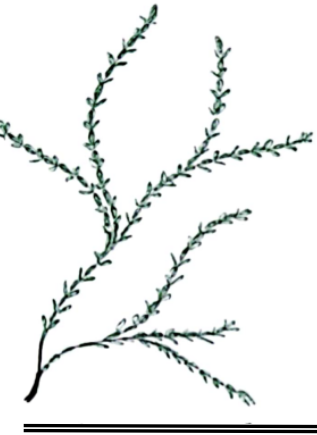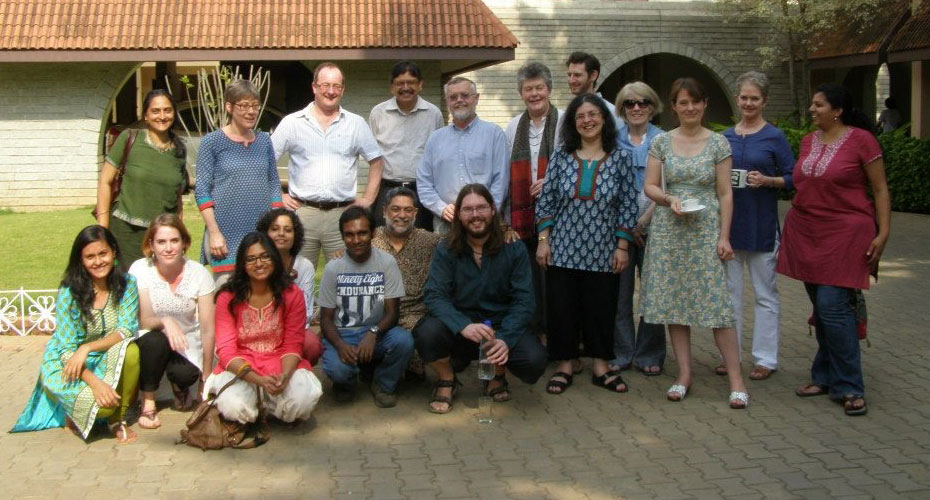On the 1st of December, we had a lovely online workshop organised by two of our PhD candidates – Yangkyi Tenzin (English) and Prashant (History), together with the joint Director of the Centre, Dr Elizabeth Thelen. The idea was to have discussions around research projects that are ongoing or in the making, being undertaken by both students and staff, allowing for a dialogic, democratic format. We had three presentations by PhD candidates, and three by staff members of the Centre. Each presentation was between 5-10 minutes in length, and was followed by lively discussion with all members of the audience, ably chaired by Prashant in the first half, and Yangkyi in the second.
The first presentation was a joint paper by the geographers Prof. Nicola Thomas and Dr Rishika Mukhopadhyay on the crafts exhibition associated with the Delhi Durbar of 1903 looked at the mobilisation of material heritage from the other end of the imperial landscape. Aimed at presenting all that was considered rare and characteristic about Indian arts were curated for this exhibit, together, even with actual artists displaying their skills on site. The project now aims to re-frame the artefacts, now stored at the British Museum, reconstructing object biographies and re-narrating them in conversation with artists and craftspeople of South Asia today.
Ishudi Rawat, 1st-year PhD student in the SWDTP, jointly supervised by Exeter and Bristol, presented the outlines of her project on Indian soldiers in Germany during the Second World War. Here was a project that was clearly going against the grain of collective memory in both India and Germany – a piece of unwanted heritage, if you like, Ishudi told us about the many challenges she is facing as well as the interesting sources that she has identified, including a book of German orders transliterated and translated to Urdu, which struck us as remarkably similar to early-19th century manuals from colonial India.
Prof. Amina Yaqin, who has joined the English department this year and is a wonderful addition to the Centre, talked of a project that she is designing – about media, music, theatre and public art as vehicles of critique in Pakistan, especially since the 2000s. She discussed both the campaign to win ‘hearts and minds’ by the Pakistani army, and patriarchal depictions of society on popular TV, as well as the critique that is still possible. Here we ended up having a very rich discussion about Pakistani films and TV programmes – and we shall we posting a blog on this soon, so keep following us!
The next presentation was by our PGR Rep and 3rd-year candidate in English, Fatima Naveed, whose project is on the Progressive Writers’ Association. She focussed her talk on the collection titled Angaarey [Burning Coals], first published in 1932, subsequently banned under colonial Indian law for allegedly causing hurt to religious sentiments, then rediscovered in 1987 and republished in 1995. The discussion unfolded to questions of liberal identity and the compromises that arose from the altered postcolonial contexts, and also towards realism and depictions of sexuality in South Asian contexts.
We moved on to a paper by Prof. Jerri Daboo, and her ongoing project on wedding ceremonies among the South Asian diaspora in the UK. Prof. Daboo pointed to the huge market this entails, and also the cultural modifications ongoing through the ‘Bollywoodisation’ of South Asian weddings. Here questions arose about the role of caste, and its possible role in fracturing such privileged fantasies.
The final paper, by Neha Shaji, on the irreverent works of a queer Bombay poet, explored the possibility of queerness as critique. Neha astutely demonstrated how, in constantly juxtaposing semen with excrement, the poet offered a playful celebration of sterility. This was strikingly in contrast to the overvaluation of semen in Brahmanical yogic approached, even as followed by Gandhi, so caste was clearly playing a role in this critique.
In good desi style, we ran over time by about an hour, and then stayed on to chat more. That tells us that we should keep doing this, because research is supposed to be in the making!

